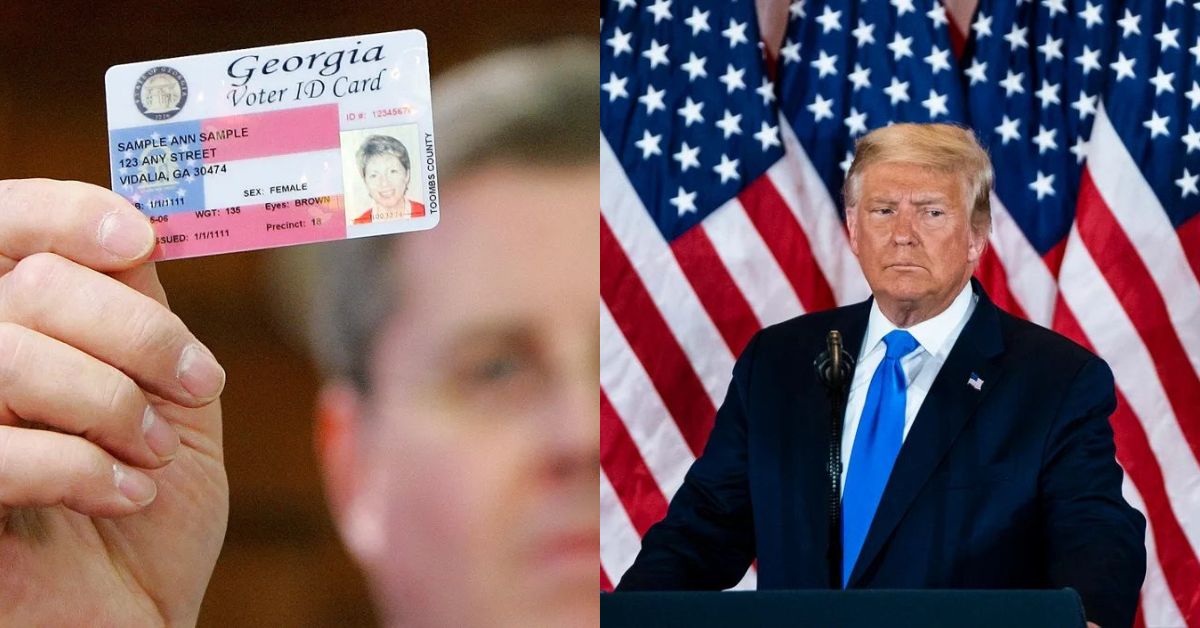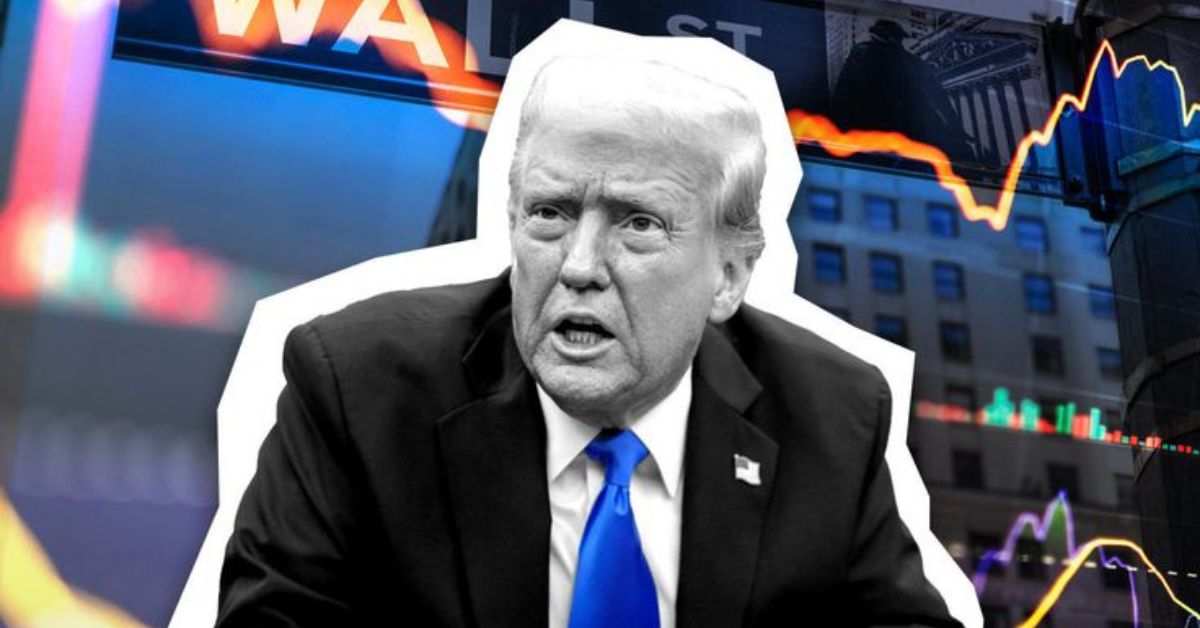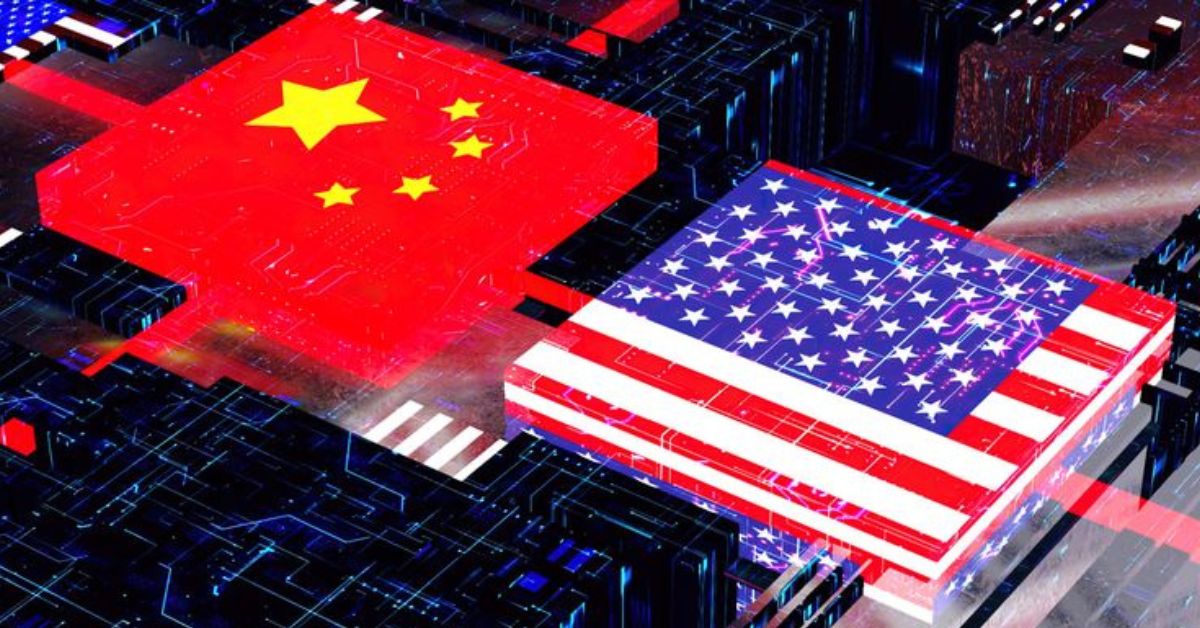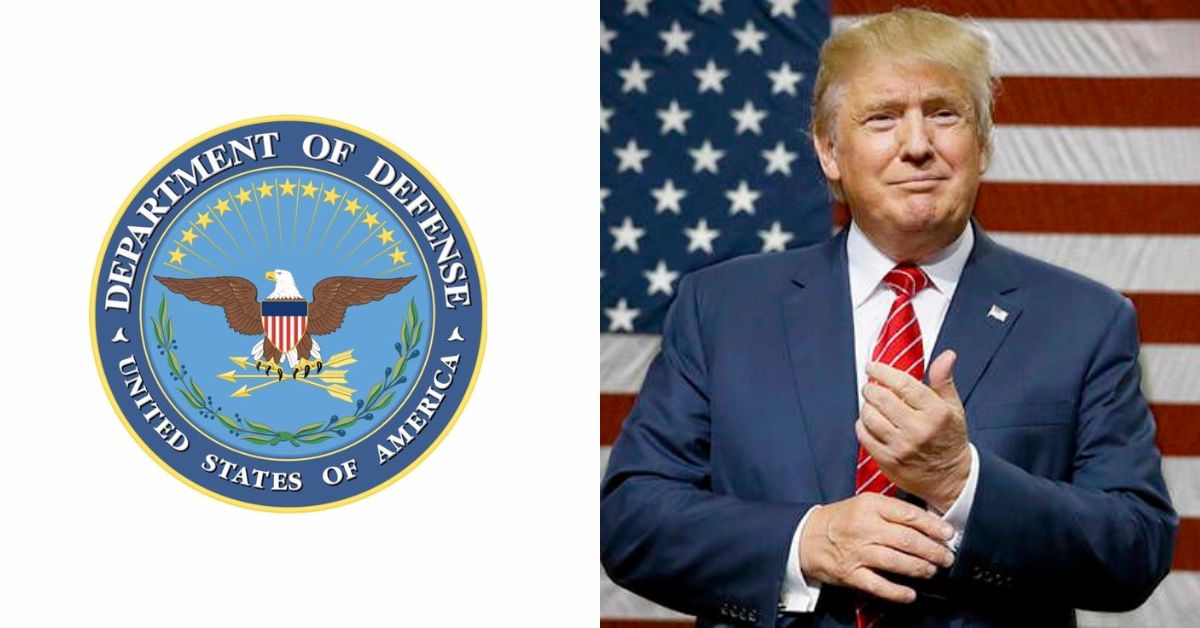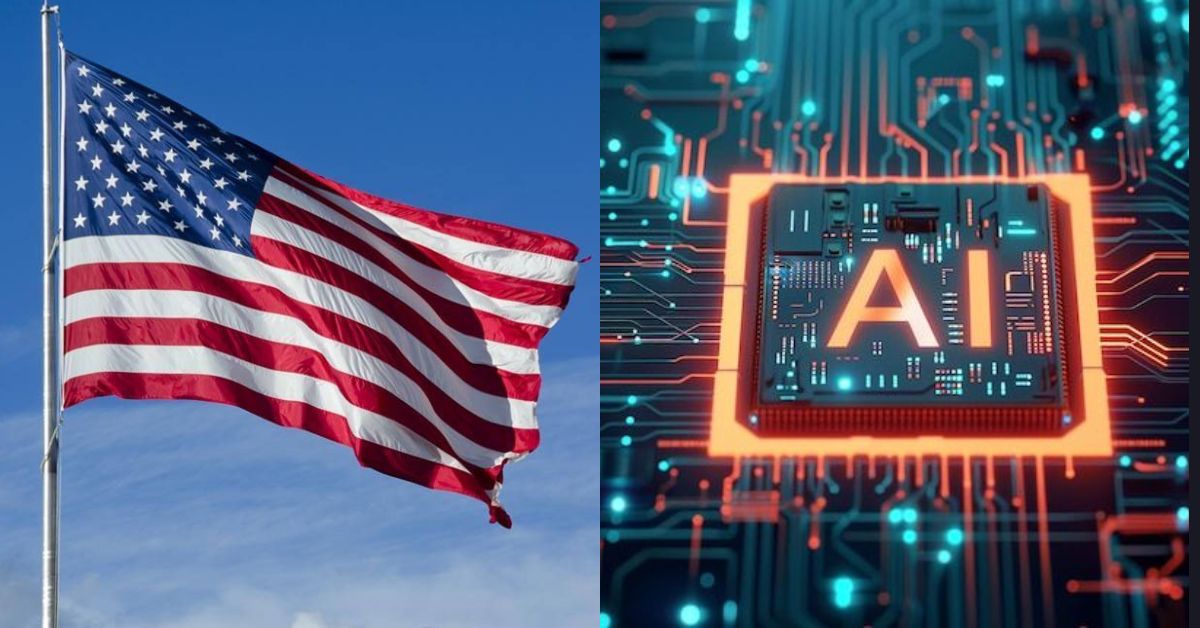On August 31, 2025, President Donald Trump announced via Truth Social his intention to issue an executive order mandating voter identification for every voter in U.S. elections, stating, “Voter I.D. Must Be Part of Every Single Vote. NO EXCEPTIONS!” This follows his March 2025 executive order requiring proof of citizenship for voter registration, which was partially blocked by a federal judge in April for exceeding presidential authority. The new proposal also seeks to restrict mail-in voting to only those who are seriously ill or serving overseas in the military and promotes paper ballots over voting machines. Critics, including voting rights groups like the ACLU and Brennan Center, argue that the order could disenfranchise millions, particularly low-income voters, people of color, and the elderly, as federal law already requires voters to attest citizenship under penalty of perjury. The Constitution assigns election oversight to states and Congress, raising legal questions about the order’s enforceability. This news prompts a full impact analysis across state and local governance, national governance and politics, economy and trade, international relations, and people’s daily life and society.
Impact Analysis:
1. Impact on People’s Daily Life & Society
Reduced voter turnout: Stricter ID requirements could lower turnout, as seen in states with voter ID laws where turnout dropped 2–3% among minority groups, affecting democratic participation.
Voter access barriers: An estimated 21.3 million U.S. citizens lack ready access to documents like passports, per the Brennan Center, potentially disenfranchising low-income, minority, and elderly voters.
2. Impact on State / Local Governance
Election compliance challenges: States like California and New York, which lack strict voter ID laws, may resist federal mandates, leading to legal disputes and inconsistent election administration.
Increased administrative burden: States may face significant costs to implement voter ID requirements, with estimates of $2–$3 million per state for voter education and ID issuance programs, straining local budgets.
3. Impact on National Governance & Politics
Partisan polarization: Republicans may rally behind Trump’s push for election integrity, while Democrats could argue it suppresses voters, deepening divides ahead of the 2026 midterms.
Legal and political friction: The order is likely to face immediate lawsuits from groups like the ACLU, as seen with the March 2025 order, potentially escalating tensions over executive power and election authority.
4. Impact on Economy & Trade
Private sector impact: Companies producing voting machines, like Dominion, could face revenue losses if states shift to paper ballots, affecting the $500 million election technology market.
Election infrastructure costs: States may need to invest in new paper-based voting systems, with costs potentially exceeding $1 billion nationwide, diverting funds from other economic priorities.
Latest Government Data / Stats
- Voter ID laws: As of 2025, 36 states require some form of voter ID, while 14 states and Washington, D.C., do not, per the National Conference of State Legislatures. (Source: National Conference of State Legislatures, 2025)
- Voter registration: Approximately 80 million Americans, or 40% of active voters, register or update registration annually, potentially affected by new ID requirements. (Source: Center for American Progress, 2025)
- Non-citizen voting: Audits show non-citizen voting is rare, with only 0.0003% of votes in a 2014 study attributed to non-citizens. (Source: Brennan Center for Justice, 2025)
Largest Impact Area: People’s Daily Life & Society
The largest impact is likely in people’s daily life and society due to the potential disenfranchisement of millions of eligible voters. The Brennan Center estimates 21.3 million Americans lack ready access to documents like passports, disproportionately affecting low-income, minority, and elderly voters. Studies show voter ID laws can reduce turnout by 2–3% among these groups, as seen in states like Texas. With 80 million Americans registering or updating voter information annually, the order could significantly limit democratic participation, erode public trust in elections, and exacerbate social inequalities, making this the most critical impact area.
Conclusion:
Trump’s voter ID executive order aims to enhance election integrity but risks disenfranchising millions and sparking legal battles. It could reshape voter access, state policies, and U.S. democratic credibility, requiring close scrutiny.
Author
-

Tyler Grayson brings global events to your screen with clarity, depth, and context. With a background in political science and international relations, Tyler covers diplomacy, global conflicts, climate issues, and major policy shifts with a balanced, facts-first approach. His reporting connects the dots between headlines and their real-world impact.

